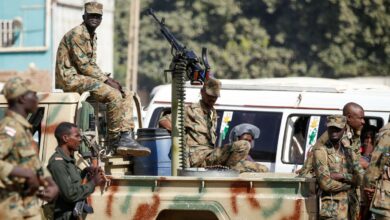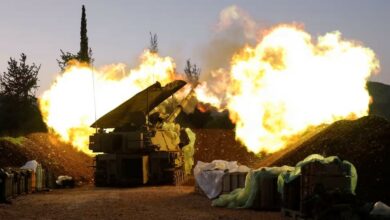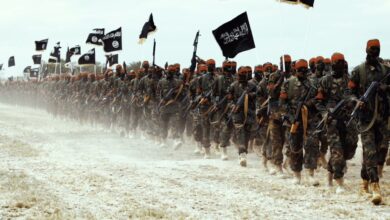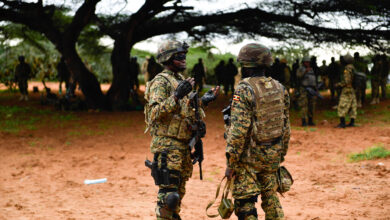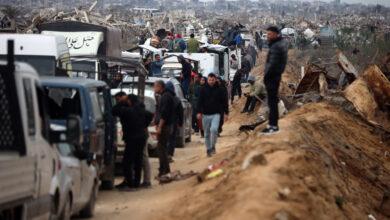An ambitious push by African countries to secure United Nations financing for future peace operations is facing strong resistance from the United States, which has put forward conditions for the funding, according to documents seen by AFP on Wednesday, December 6.
Ethiopia, Equatorial Guinea and Ivory Coast – the three current African non-permanent members of the Security Council – have presented a draft resolution that would allow U.N. financing for African Union-led peace missions on a case-by-case basis, in what would represent a major shift in the U.N. approach to peacekeeping.
France, China and U.N. Secretary-General Antonio Guterres strongly back the initiative that would provide the A.U. with a major influx of funds and strengthen its response to conflicts on the continent, where half the 14 current U.N. missions are deployed, including the five biggest operations.
But the U.S. on Wednesday put forward proposals in negotiations on the draft resolution, including one that would cap U.N. financing at 75 percent, with the A.U. expected to show that it can provide the remaining 25 percent of the overall costs.
US outlines 11 conditions for financing
In a note sent to the council and seen by AFP, the U.S. outlined 11 conditions for the financing, a setback to African diplomats who had hoped for a vote on the draft Security Council resolution this week.
Negotiations intensified on Thursday with a view to reaching agreement on a text that could be put to a vote, possibly next week, diplomats said.
At a council meeting last month, U.S. Deputy Ambassador Jonathan Cohen said it was “premature” to decide on regular U.N. funding for African missions, citing ongoing questions about human rights and troop misconduct.
Several U.N. peacekeeping missions – notably in the Central African Republic and South Sudan – have been hit with serious allegations of misconduct.
In its new proposals, the United States requested that the African Union provide a detailed report to the council within six months on its efforts to protect human rights, strengthen financing and improve discipline.
U.N. Secretary-General Antonio Guterres would then report on whether “future African Union-led peace support operations can be expected to meet equivalent standards to U.N. peacekeeping operations in those areas,” the note said.
The council would only then consider whether to provide financing, according to the U.S. proposals, which set a December 2019 deadline for a decision.
Further US pressure on UN funding
The proposals reflect U.S. skepticism of the plan and comes as U.S. President Donald Trump’s administration takes a harder line on U.N. funding, cutting contributions and pushing for cost-saving reforms. It is also seeking to streamline peacekeeping operations to reduce costs and make them more effective.
In July, U.N. member countries agreed a peacekeeping budget of just under $6.7 billion. The top contributors to peacekeeping funding are the U.S. with 28.5 percent, China with 10.3 percent, Japan with 9.7 percent, Germany and France with 6.3 percent each, and the United Kingdom with 5.8 percent.
Although it is the top financial contributor, the U.S. lags significantly in terms of its troop contribution to peacekeeping missions, ranking 75th out of the 122 contributing countries, with just 55 out of around 90,000 personnel deployed in September.
African countries provide nearly half of the U.N. peacekeepers deployed worldwide.
The U.S has also pushed back against proposals for the U.N. to directly fund the G5 Sahel joint counter-terrorism force. Despite almost doubling U.S. assistance to the G5 Sahel Joint Force member states to almost $111 million, that support to Burkina Faso, Chad, Mali, Mauritania and Niger takes the form of “bilateral security cooperation efforts,” rather than direct funding for the joint force, a U.S. Africa Command spokesperson told The Defense Post in November.
Guterres has pledged to pursue support for the force, and along with France, has lobbied for regular U.N. funding, in addition to support already agreed by the Security Council in December 2017, when it authorized the Minusma mission in Mali to provide assistance to the joint force.
But in May, the U.S. said it opposed a Security Council mandate for the force as well as direct U.N. funding.
With reporting from AFP



